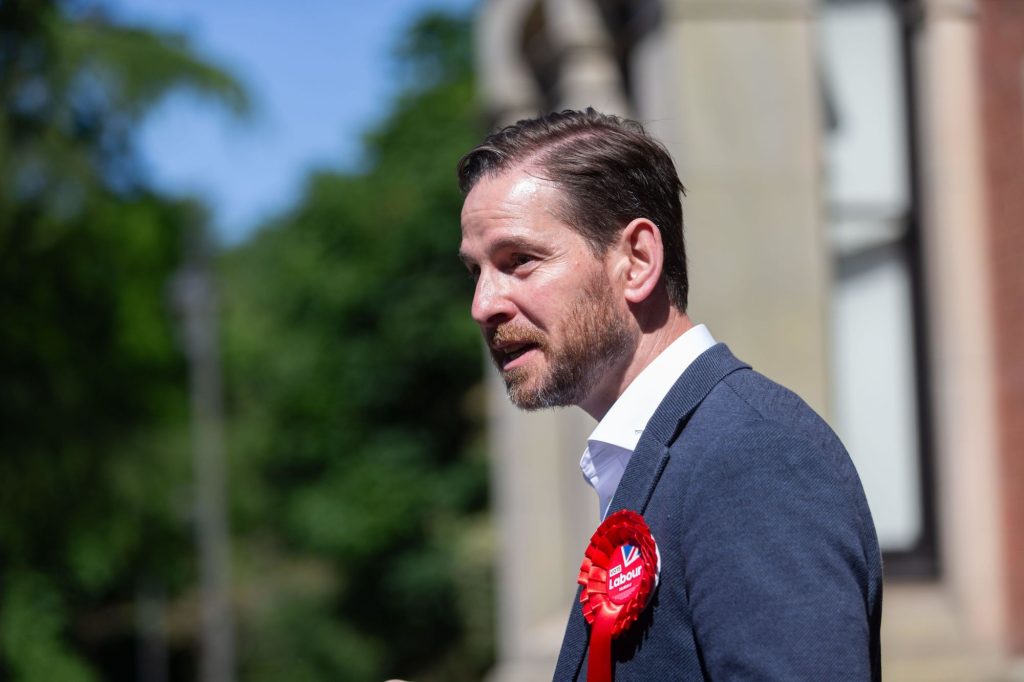Understanding the true scale of gambling harm
Gambling in the UK isn’t just a harmless form of entertainment for many—it has become a public health crisis. According to the Gambling Commission, over one million Britons now experience severe harms from gambling, ranging from crippling debt and mental health challenges to involvement in crime and even suicide. Yet public awareness remains low, as Labour MP Alex Ballinger warns: “People don’t realise the scale of the problem of gambling harm in this country.”
A statutory levy: a drop in the ocean
In response to growing concern, the government introduced a statutory levy on gambling firms, expected to raise around £100 million annually for NHS-led treatment services. While this move is welcome, Ballinger argues it barely scratches the surface: “It’s a positive step, but it’s just a drop in the ocean compared to the vast social costs caused by betting companies,” he says. Campaigners, charities and many campaigners believe funding should be tied more closely to the harm each form of gambling inflicts.
Using taxation to reflect social costs
At present, remote gaming duty (RGD) is set at 21%, significantly lower than many European peers. A 2024 Social Market Foundation report estimated that doubling RGD to 42% could raise up to £900 million—nine times more than the current levy. Greece, for example, taxes gambling revenue at 35%. Ballinger insists the government must deploy the tax system to hold high-risk operators accountable: “Those engaged in the most harmful forms of gambling should pay more for the costs they’re imposing on society.”
Sweeping reform of multiple duties
Rather than simply tacking on a new levy, the Treasury is consulting on a single, harmonised remote gambling duty, merging General Betting Duty, Remote Gaming Duty and Pool Betting Duty. While tax simplification has its merits, Ballinger cautions against unintended side effects. Combining duties risks incentivising operators to steer customers toward the most addictive products—online slot machines and high-speed gaming—that currently attract the highest RGD rate.
Reining in targeted advertising
One of the most visible impacts of online gambling is the flood of adverts across TV, social media and billboards—often at times when children are watching. Ballinger calls the 29,000 betting ads aired during the Premier League’s opening weekend “inappropriate,” and demands stronger rules on targeting. Campaigners want strict limits on gambling advertising around family-friendly sporting events, in apps aimed at young audiences and on influencer promotions that normalise risk-taking behaviour.
Protecting service personnel and veterans
Veterans and serving soldiers face gambling addiction at up to ten times the rate of the general public. Ballinger, a former Royal Marine, attributes this to cultural factors—long spells of downtime, disposable income, and easy access to gaming machines in barracks. He believes military leaders must work with charities to block gambling opportunities on base and raise awareness within their ranks.
Local planning powers to curb outlet density
High streets dotted with betting shops and 24/7 adult gaming centres normalize continuous gambling, particularly in deprived towns. Local authorities like Brent Council are leading the way by seeking stricter planning controls to cap outlets per postcode. Ballinger supports giving councils the power to limit new shop licences in vulnerable areas—a practical, community-level tool to reduce exposure.
Exposing the industry’s revolving door
The influence of gambling firms in Westminster raises serious ethical questions. Former MPs such as Philip Davies and Laurence Robertson moved seamlessly into industry roles or received significant fees from betting lobby groups. Ballinger labels this “inappropriate,” stressing that public servants must prioritise citizen welfare over corporate interests. Echoing concerns over tobacco links, he calls for a tighter ban on ex-Ministers joining harmful industries.
Next steps: a 21st-century Gambling Act
With primary legislation dating back to 2005—long before online gambling exploded—Ballinger and the cross-party Gambling Related Harm APPG are pushing for a new Gambling Act tailored to today’s digital landscape. Their draft proposals include:
- Tiered taxation reflecting harm levels of different products.
- Stricter ad rules around sports and during peak child viewing times.
- Council powers to control outlet density in deprived areas.
- Enhanced funding for treatment, education and research.
- Ban on parliamentary figures joining gambling firms.
By aligning tax policy with social costs, tightening ad regulations and empowering communities, these reforms aim to reduce gambling-related harm, save lives and create a fairer, safer system fit for the modern internet age.
